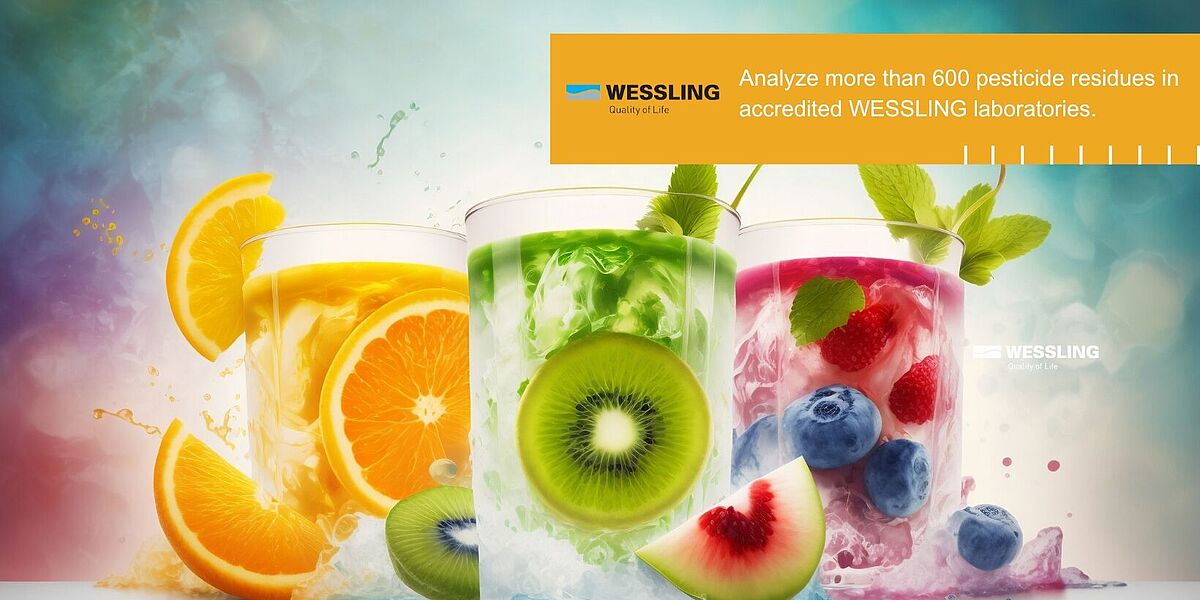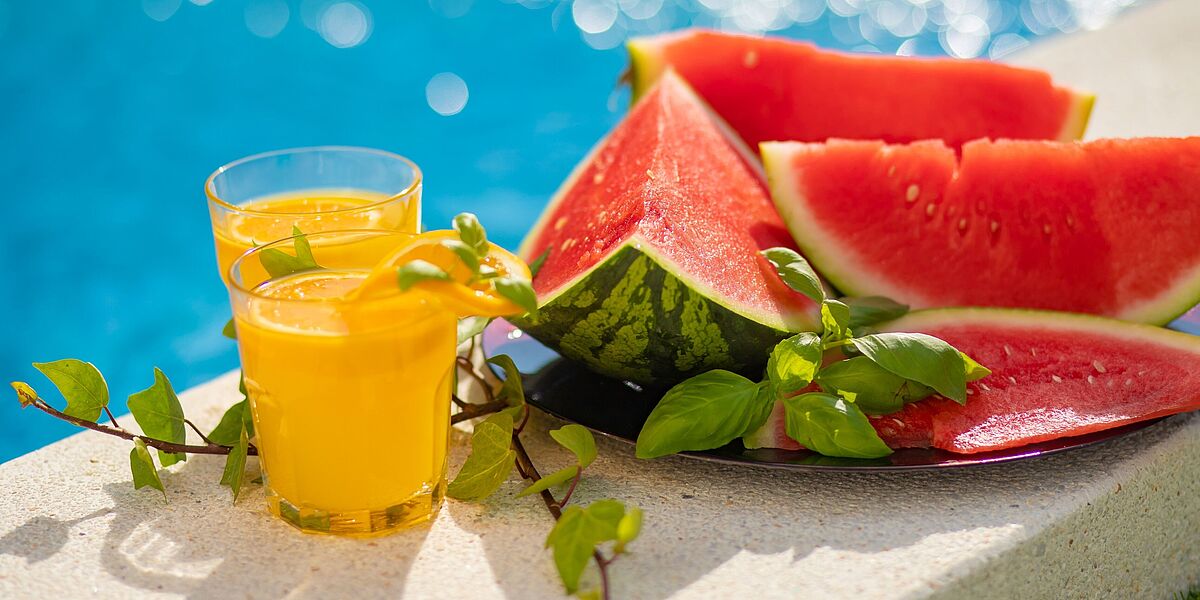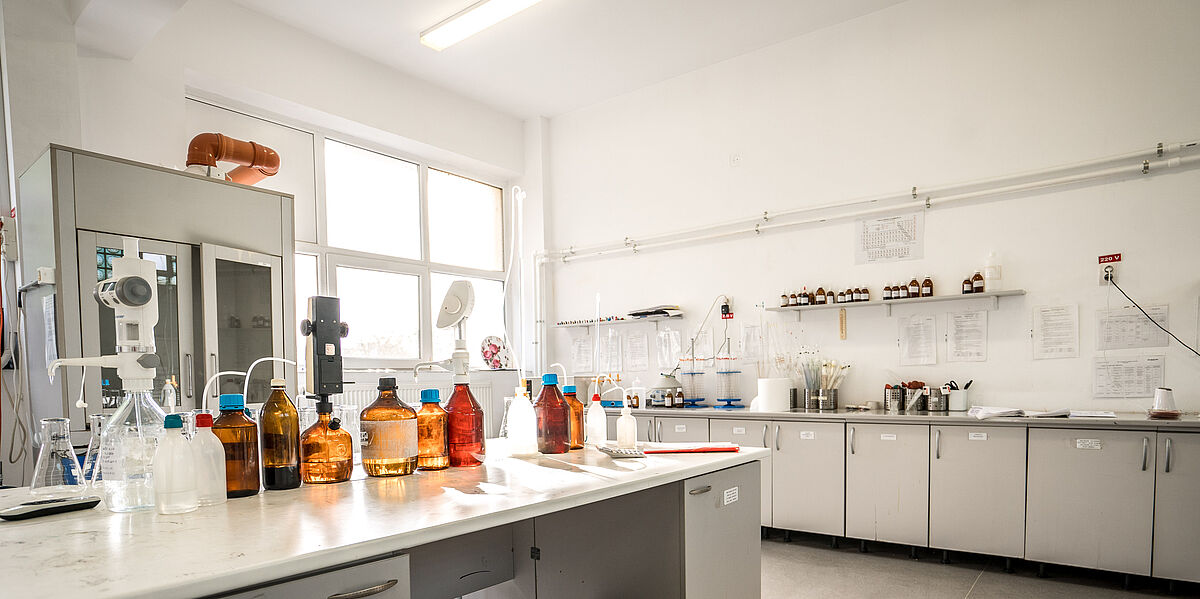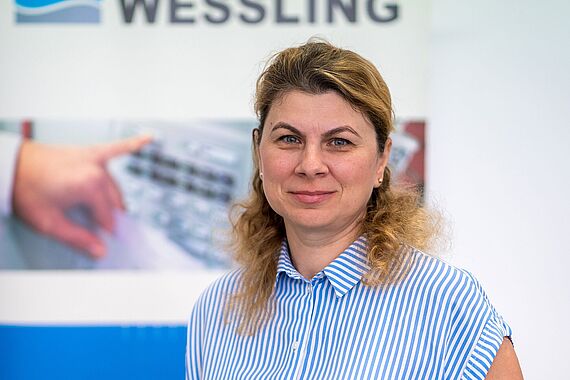Ensuring the quality of fruits and vegetables by pesticides controlling
In hot summer days, the exhaustion produced by the heat becomes more and more felt for the human body. The body tries to regulate itself thermally through perspiration, which thus becomes accentuated.

With the elimination of water from the body through the process of sweating, we lose some of the minerals needed by the body, such as: sodium, potassium, calcium, chlorine, phosphorus, magnesium or zinc. In addition to thermal discomfort and exhaustion, if the optimal amount of water is not consumed, dehydration occurs. Dehydration in adults occurs when the body loses about 2% of all fluids. The total volume of water in the body is different, depending on age and sex and falls within the limits of 45-65% of total body mass. It is distributed in muscles in a proportion of about 50%, skin 20%, blood 10% and other organs 20%.
Combating dehydration and establishing electrolyte balance is done by increasing the intake of water and other liquids, or by consuming vegetables and fruits. The quality of the products consumed influences our long-term health. We can bring in the body an intake of harmful substances to the body. That is why it is necessary to source reliable sources that test the composition and concentration of substances and residues.
Fruits and vegetables, source of hydration, mineralization and vitaminization of the body

In the hot season, the amount of vegetables and fruits we eat increases, and 20% of the body's water needs can come from this source.
Quality food is ensured by appropriate cultivation technologies, species selection and optimal sales channels. These are the challenges to be overcome by producers who want to enter the market with superior quality and nutritious products. In agriculture, to control plant diseases or pests, the only possible solution is the use of plant protection products - pesticides.
In such a case, the grower must make a strategic decision on the use of the appropriate pesticide so that the disease / pest is combated and the pesticide is degraded to a large extent until harvest.
Most of the vegetables and fruits produced in Romania and intended for human consumption are sold in commercial chains to consumers. These commercial companies - adapting to customer demand - look for products whose residual content is below the attestation threshold. In most cases, the pesticide package leaflet or the manufacturer's declaration is not sufficient, they require an analysis report containing the results of comprehensive and accredited pesticide tests in accordance with the regulations in force.
The most common active substances detected in the tested fruits and vegetables, performed in the WESSLING laboratory, are: boscalid, carbendazim, chlorpyrifos, cyprodinil, fluopicolide, iprodione, pyrimethanil, tebuconazole. The fact that pesticide residues have been detected does not make an automatic product harmful to health if they are within the limits allowed by the EU standard. A health problem is the use of banned substances in the EU, identified in particular in products from agri-food markets from small households, vegetables that did not meet quality and safety standards.
When testing pesticides, the so-called "cocktail effect" must be taken into account, which means that even if the residues of plant protection products are below the separately specified threshold, they can mutually increase their effects and be harmful to human health.
We recommend to buy products from places that perform product quality control

Excess pesticides used in agriculture also reach drinking water, the most important source of hydration. Drinking water, whether it is supplied through the distribution network, from the tank or is consumed from the bottled one, must be free of pathogens, pesticides, impurities and must not be harmful to health.
WESSLING laboratories can help with services for testing water and fruits and vegetables by which it can be proven that the products comply with the legislation in force. Pesticide tests are performed in matrices such as drinking water, fruits and vegetables, fresh and frozen mushrooms, as well as derived products (juices, purees). Accredited screening tests include testing almost 600 pesticide compounds for a wide range of foods:
- Specific examination of certain food groups and food raw materials and determination of components (eg glyphosate, ethephon, chlorate / perchlorate, cloemecu / mepiquat, fosetyl AI, etc.) measurable by individual methods;
- Completion of the screening test of fresh vegetable and fruit samples with examination of dithiocarbamates; examination of feed samples (mainly for chlorinated plant protection products and dioxins and PCBs);
- Upon request, we compare the results of the analyzes with the maximum limits allowed in the applicable legislative provisions.
For more information, contact us.
- Veronica Dumitru
- +4 0728 293 555
- food@wessling.ro
